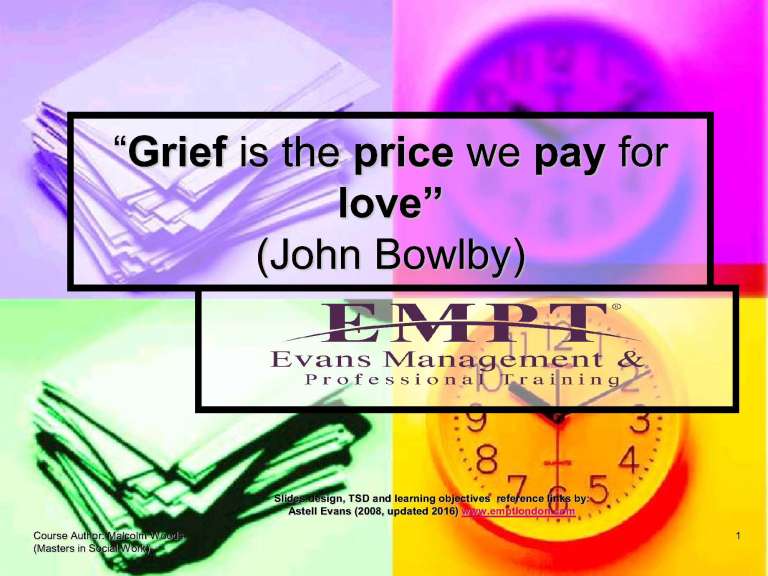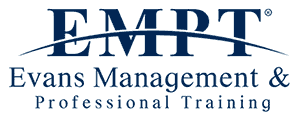Latest News from the EMPT London Blog
TSD Standard 4 Know how to communicate effectively
Effective communication in foster care settings People working in fostering settings often communicate to share ideas/information; to offer reassurance; to build relationships; to ask questions and much more. Factors to consider for effective communication includes: the level; pace; tone; sensory
Training Support and Development Standard 3.4 (Promoting positive behaviour)
Promoting principles for supporting the behaviour development in children and young people whilst meeting the Training Support and Development Standards. In terms of promoting positive relationships and socially aware behaviour the following methods are sometimes useful in supporting behaviour management

HELPING CHILDREN COPE WITH A DEATH
In terms of helping children cope with death – children tend to react differently to death than adults. Their response will depend on: What type of relationship they had with the person who has died. Death of a Mother for
The promotion of good risk assessments policy and procedures
In terms of risk assessment policies, when working in line with the Inspections of independent fostering agencies inspection a, Good grade reflects – the promotion of a good risk assessment policy and ensuring staff and foster carers comply to such
Promoting Standards in Social Care Training
In terms of promoting Standards in social care training the Education and Training Foundation (website) released a set of aspirational standards in May 2014. The Professional Standards provide a framework for teachers and trainers to critically appraise their own
Promoting Safe and stable placements in which children can develop safe and secure relationships
The Ofsted Framework for Independent Fostering Services asserts that Looked After children should be supported, ‘in care, to live and thrive in safe and stable placements, in which they develop safe and secure relationships’. The Ofsted Framework for Inspecting Children
Sexual health safeguarding guidance and information related to children and young people
Some Legislative Framework, guidance and standards related to sexual health and foster care: Fostering Services Regulations (England) 2011: Regulation 13 (3) – Behaviour management and children missing from the parent’s home Fostering Services National Minimum Standards 2011, 4.1 – Children’s
Unaccompanied Asylum Seeking Children research and guidance information
Main Legislative Framework and Guidance The Children Act 1989 places a responsibility upon Local Authorities to safeguard and promote the welfare of children and young people living in their area. When children in need are identified, an assessment of their
Quality Assurance
We offer a range of courses delivered by trainers with experience and a sound working knowledge of their field
Consultancy
We listen and provide support tailored to your organisation’s needs
Training
We listen and provide support tailored to your organisation’s needs
Development
We offer management consultancy, training and development in health and social care
WHO WE ARE
EMPT are committed to empowering people and promoting equality and inclusion. EMPT provide high quality services, reflective in our training and management resources that presently meet our customers’ needs. We endeavour to ensyre that those who do our work are representative of the community we serve.
WHAT WE DO
We offer training, management consultancy/solutions services. EMPT provides a peer mentoring service. We specialise in social care. EMPT provides a service that tailors for corporate and individual needs. We have a wealth of experience and are imaginative and resourceful in our training course provision.
ADVERTISE WITH US
EMPT are committed to empowering people and promoting equality and inclusion. EMPT provide high quality services, reflective in our training and management resources that presently meet our customers’ needs. We endeavour to ensyre that those who do our work are representative of the community we serve.
SERVICES PROVIDED
Health and social care courses which covers issues about issues related to practice. This includes a variety of traditionally delivered training courses around the National Occupational Standards and qualifications for health and social functions as well as the Training Support and Developments Standards.
